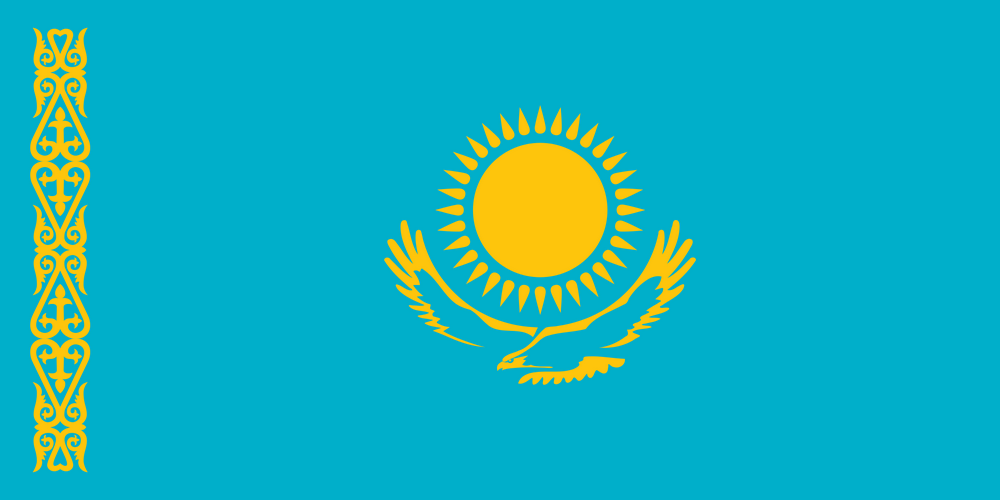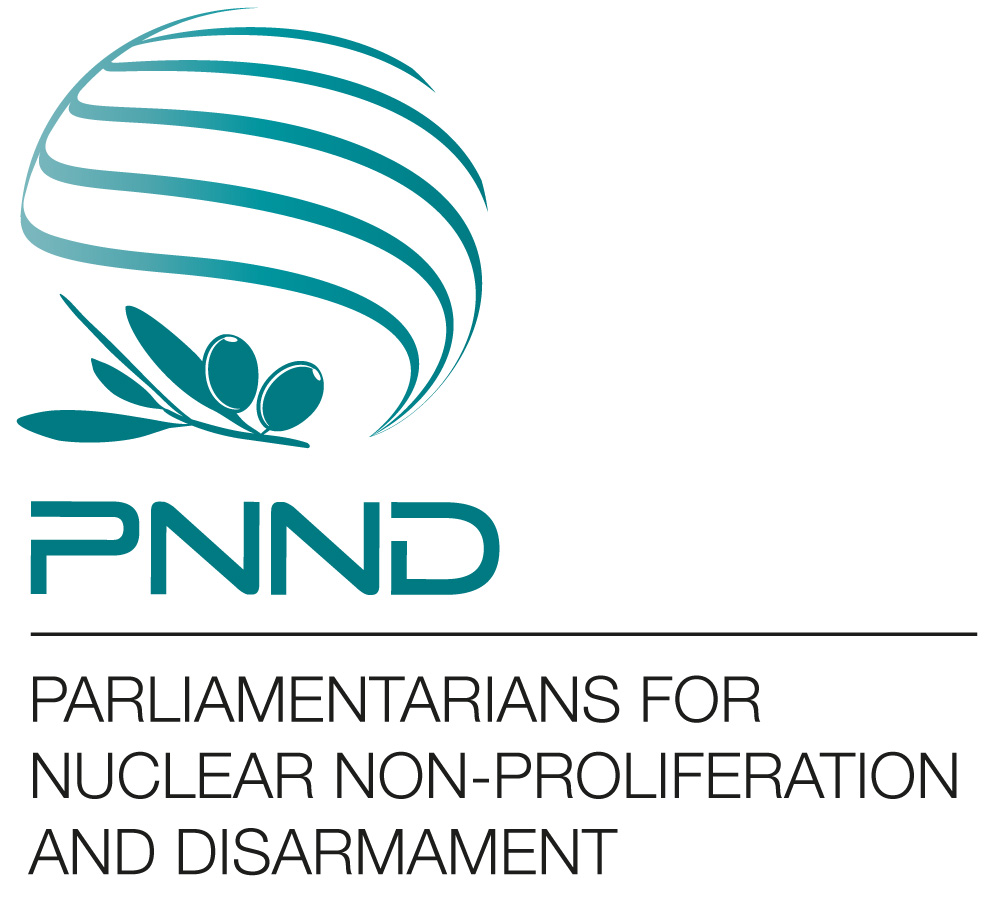About the conference
Nuclear disarmament and the achievement of a nuclear-weapon-free world is a humanitarian imperative, and an aspiration shared by all countries. However, the implementation of this goal is thwarted by a lack of political momentum in key countries.
This conference will bring together parliamentarians and mayors from around the world, along with a selection of religious leaders, government officials, disarmament experts, policy analysts, civil society campaigners and representatives of international & regional organisations (United Nations, Organisation for Security and Cooperation in Europe, International Committee of the Red Cross…). These constituencies working together can build political will and traction for the prohibition and elimination of nuclear weapons.
The conference will take place as a new UN process – the Open Ended Working Group on Nuclear Disarmament (OEWG) – prepares to report to the UN General Assembly on action to reduce the risks of nuclear-weapons-use, and to take forward multilateral negotiations to achieve a nuclear-weapon-free world.
The conference will also focus on the next meeting of the Non-Proliferation Treaty, which takes place in early 2017, and the 2018 UN High Level Conference on Nuclear Disarmament at which nuclear disarmament measures could be adopted.

Kazakhstan – the hosts of the conference
Most recently President Nazarbayev released a Manifesto for The World of the 21st Century, which goes further and calls for a world without war.

PNND – the conference organisers
Parliamentarians for Nuclear Non-proliferation and Disarmament (PNND) is a global, cross-party network of legislators working to reduce nuclear risks, prevent nuclear proliferation and achieve the peace and security of a nuclear-weapon-free world.
PNND is active in national legislatures, inter-parliamentary bodies (such as the Inter Parliamentary Union and the Parliamentary Assembly of the Organisation for Security and Cooperation in Europe) and the United Nations. PNND also works in close cooperation with leading civil society networks around the world.
PNND has been recognized by UN Secretary-General Ban Ki-moon and this year was nominated for the Nobel Peace Prize.
Conference themes and program
The conference will hold a special plenary commemorating the International Day Against Nuclear Tests (August 29), which is also the 25th anniversary of the nuclear test site in Kazakhstan being permanently closed.
After the plenary, there will be workshops on four key themes:
- Security without nuclear weapons
- Nuclear test ban and the role of the United Nations
- National prohibition and nuclear-weapon-free zones
- The role of legislators, religious leaders and civil society.
At the end of the workshop sessions the conference will adopt a declaration highlighting key points for action.
Then on August 30, there will be a meeting hosted by PNND to discuss plans for action on these key point.
Optional tour – Semey and the former nuclear test site
On August 31, there will be an optional tour to the city of Semey and the nearby Kurchatov nuclear test site. This tour will demonstrate the catastrophic, transgenerational impact of nuclear tests on the people and environment of Kazakhstan.
